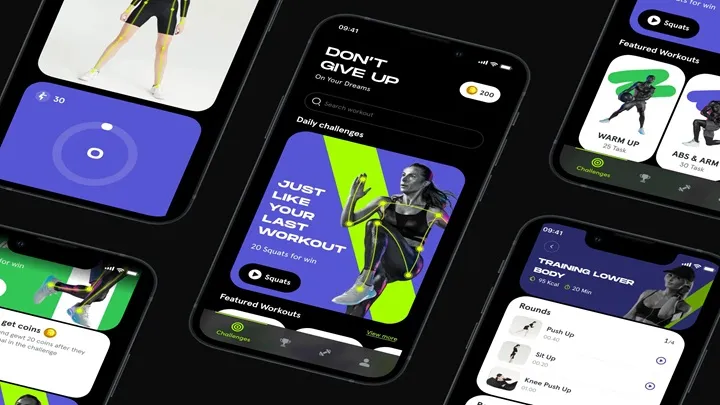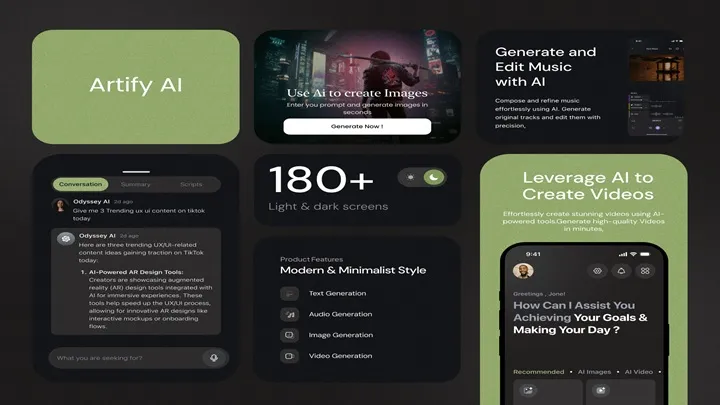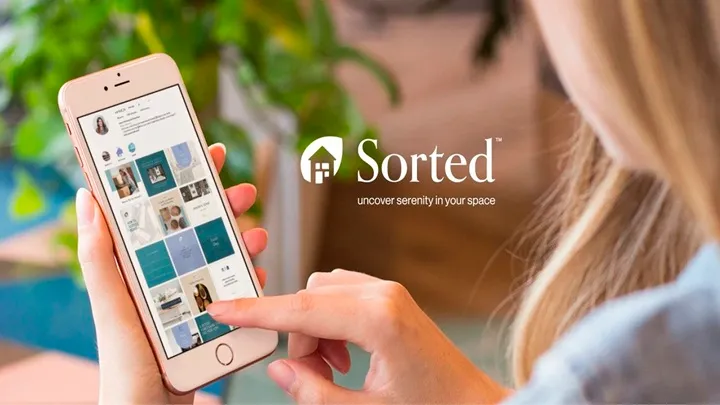Introduction
In 2025, mental health apps are more empathetic, AI-powered, and accessible to everyone. From guided therapy to stress tracking, they make mental wellness easier to manage anytime, anywhere. Here are five standout mental health apps of 2025.
1. MindEase AI – Your Digital Therapist
Category: Mental Wellness & Therapy
MindEase AI supports your emotional health with:
- AI-guided cognitive behavioral therapy (CBT) sessions
- Mood tracking and personalized advice
- 24/7 chat with licensed therapists
- Guided meditation and breathing tools
- Offline journaling for self-reflection
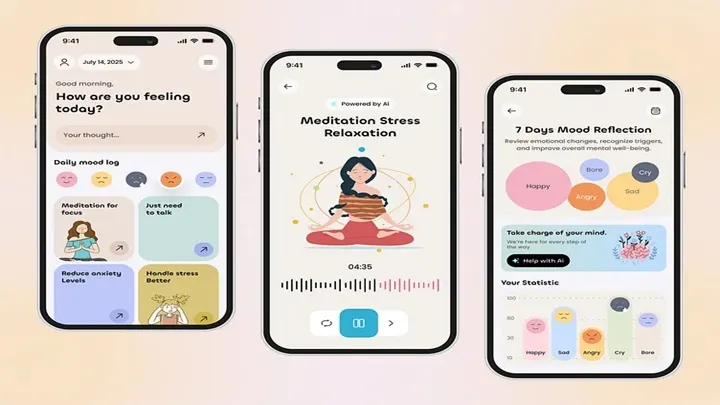
2. Calmify+ – Smarter Relaxation Companion
Category: Meditation & Relaxation
Calmify+ helps you unwind with:
- AI-curated meditation playlists
- Real-time stress detection via smartwatch
- Sleep stories and ambient sounds
- Breathing exercises for quick calm
- Daily mindfulness challenges
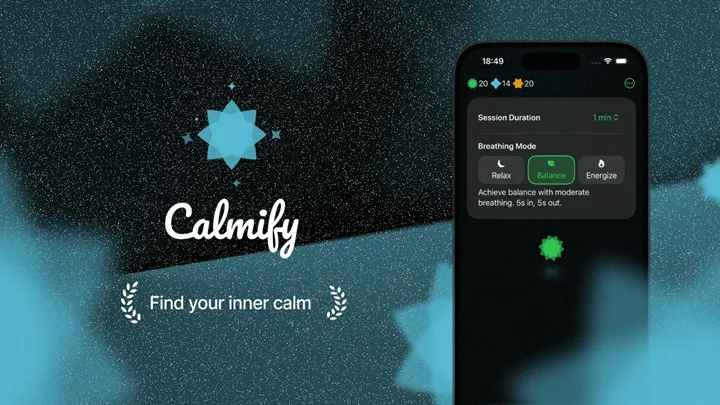
3. Reflectly 2.0 – Intelligent Mood Journal
Category: Self-Care & Reflection
Reflectly 2.0 enhances journaling with:
- AI mood analysis from text entries
- Voice-to-text diary feature
- Gratitude reminders and affirmations
- Personalized emotional insights
- Secure cloud backup for privacy
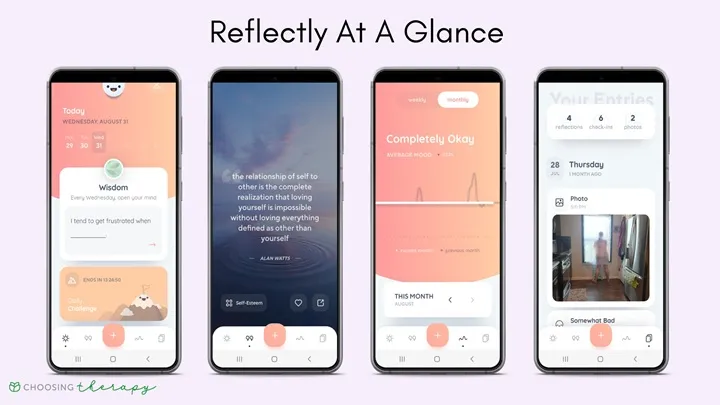
4. FocusBreath – Stress & Focus Manager
Category: Mindfulness & Productivity
FocusBreath balances mind and focus with:
- Guided breathing synced to heart rate
- Focus music and background sounds
- Stress level tracking and analytics
- Daily focus routines
- Integration with wearables and smart devices
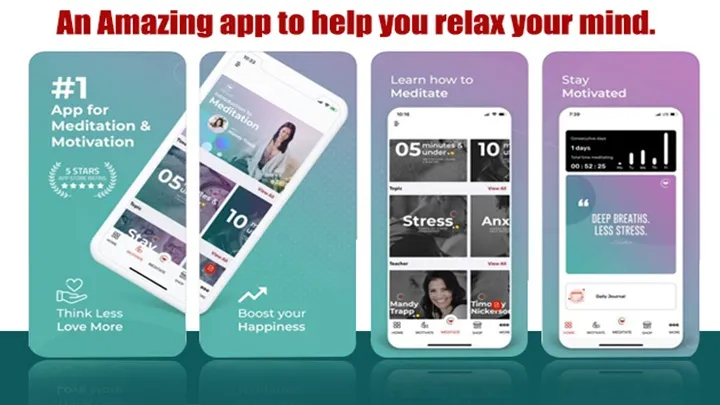
5. Serenity Space – Virtual Healing Community
Category: Community & Emotional Support
Serenity Space connects people seeking peace with:
- Group therapy and support sessions
- Anonymous chat spaces for sharing
- AI moderation for safe discussions
- Live wellness events and workshops
- Peer encouragement and positivity feed
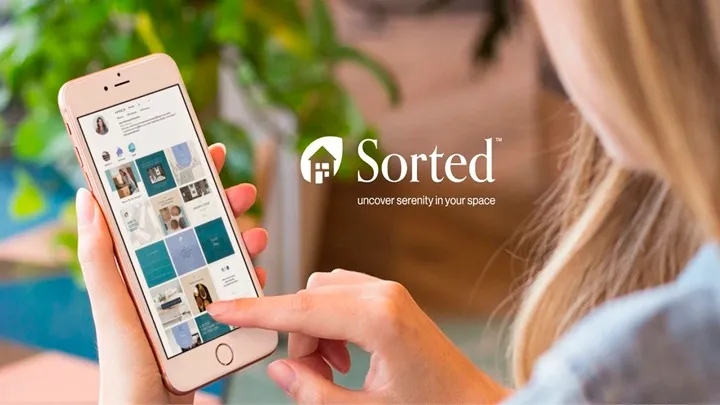
Conclusion
The Top 5 Mental Health Apps of 2025—MindEase AI, Calmify+, Reflectly 2.0, FocusBreath, and Serenity Space—are transforming emotional well-being. With AI, mindfulness, and global communities, mental care is now more personal, supportive, and accessible than ever.















